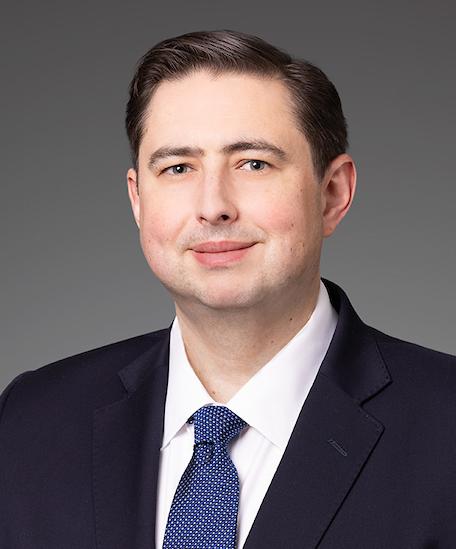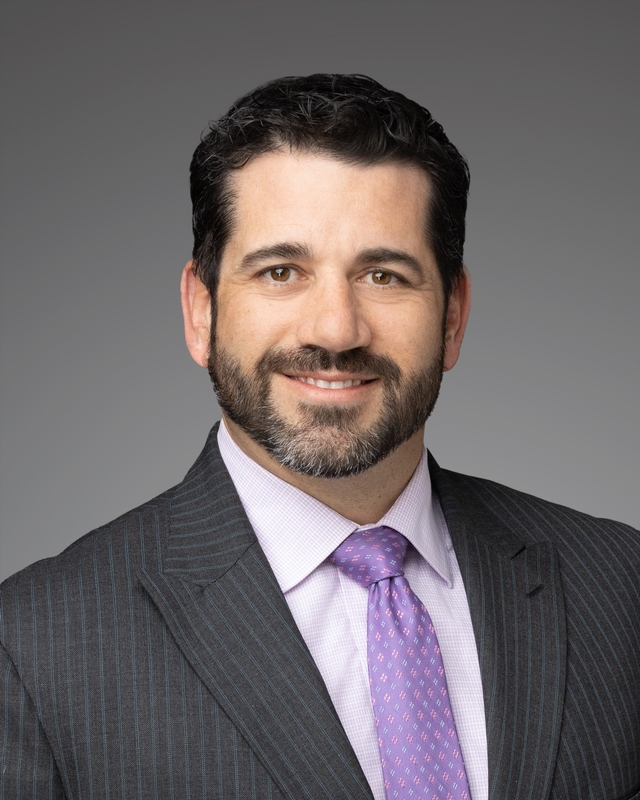News

06/06/22 | Firm News
Kirby McInerney Obtains Final Approval of $15.7 Million Settlement in JPMorgan Treasury Futures Spoofing Antitrust Litigation
The law firm of Kirby McInerney LLP is proud to announce that the Hon. Judge Paul A. Engelmayer of the U.S. District Court for the Southern District of New York has granted final approval of its $15.7 million settlement in In re JPMorgan Treasury Futures Spoofing Litig., No. 1:20-cv-03515 (S.D.N.Y.). Class Plaintiffs alleged that JPMorgan unlawfully and intentionally manipulated U.S. Treasury Futures or Options on U.S. Treasury Futures traded on United States-based exchanges, including but not limited to the Chicago Mercantile Exchange and its subsidiary the Chicago Board of Trade, in violation of the Commodity Exchange Act, 7 U.S.C. §§ 1, et seq. (the “CEA”) and the common law. Kirby McInerney and its co-counsel Lowey Dannenberg, P.C. served as court-appointed class counsel.
JPMorgan allegedly manipulated the prices of U.S. Treasury Futures or Options on U.S. Treasury Futures using a technique called “spoofing,” in which they placed orders for U.S. Treasury Futures and cancelled them prior to execution in order to send false supply and demand signals to the market, causing artificial U.S. Treasury Futures prices throughout the Class Period. The false pricing information caused the prices of U.S. Treasury Futures or Options on U.S. Treasury Futures to move in a direction that was favorable to JPMorgan's trading positions but harmful to Class Members. Class Plaintiffs transacted in U.S. Treasury Futures or Options on U.S. Treasury Futures thousands of times during the Class Period, including on days identified in regulatory filings against JPMorgan.
If you transacted in U.S. Treasury Futures or Options on U.S. Treasury Futures on U.S.-based exchanges between April 1, 2008 – January 31, 2016, please consult the settlement website for more information and to learn if you are eligible to receive a portion of the class settlement.
JPMorgan allegedly manipulated the prices of U.S. Treasury Futures or Options on U.S. Treasury Futures using a technique called “spoofing,” in which they placed orders for U.S. Treasury Futures and cancelled them prior to execution in order to send false supply and demand signals to the market, causing artificial U.S. Treasury Futures prices throughout the Class Period. The false pricing information caused the prices of U.S. Treasury Futures or Options on U.S. Treasury Futures to move in a direction that was favorable to JPMorgan's trading positions but harmful to Class Members. Class Plaintiffs transacted in U.S. Treasury Futures or Options on U.S. Treasury Futures thousands of times during the Class Period, including on days identified in regulatory filings against JPMorgan.
If you transacted in U.S. Treasury Futures or Options on U.S. Treasury Futures on U.S.-based exchanges between April 1, 2008 – January 31, 2016, please consult the settlement website for more information and to learn if you are eligible to receive a portion of the class settlement.
Subscribe




